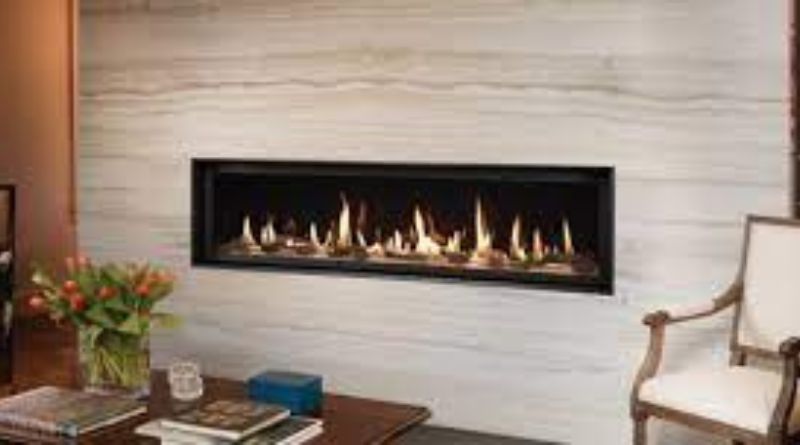Does a chimney for a gas fireplace need to be cleaned?
Gas fireplaces have gained popularity among homeowners for their convenience, cleanliness, and energy efficiency. Unlike wood-burning fireplaces, gas fireplaces produce minimal byproducts and require less maintenance. However, many homeowners are still uncertain about whether the chimney for a gas fireplace needs to be cleaned. In this article, we will delve into the importance of cleaning a chimney for a gas fireplace and the potential issues that can arise if neglected.
Understanding Gas Fireplace Chimneys
Although gas fireplaces produce fewer combustion byproducts compared to wood-burning fireplaces, they still require proper venting through a chimney. The chimney serves several important functions:
Exhaust Ventilation
The chimney safely removes combustion gases, such as carbon monoxide, nitrogen dioxide, and water vapor, from the fireplace and directs them outside the house.
Heat Dissipation
The chimney helps dissipate excess heat generated by the gas fireplace, preventing it from accumulating within the living space.
Preventing Condensation
During operation, a gas fireplace produces water vapor. The chimney ensures that this moisture is effectively vented to the exterior, preventing condensation issues within the chimney and fireplace system.
The Need for Chimney Cleaning
While gas fireplaces produce fewer creosote and soot deposits than wood-burning fireplaces, there are still reasons why regular chimney cleaning is essential:
Removing Debris
Over time, the chimney can accumulate debris such as leaves, bird nests, or other foreign objects. These obstructions can hinder proper ventilation, leading to inefficient fireplace operation or even potential safety hazards.
Addressing Corrosion
Although gas fireplaces produce less corrosive byproducts, the chimney components can still be affected by the acidic nature of the combustion gases. Regular cleaning ensures that any corrosive residues are removed, prolonging the lifespan of the chimney system.
Preventing Blockages
Even with a gas fireplace, there is a possibility of flue blockages caused by animal nests or other debris. Regular cleaning helps identify and remove any potential blockages that could restrict the flow of gases, compromising the fireplace’s performance and safety.
Professional Chimney Inspection and Cleaning
To ensure the safety and efficiency of your gas fireplace, it is recommended to have the chimney professionally inspected and cleaned on a regular basis:
Annual Inspections
Schedule an annual inspection with a qualified chimney professional who specializes in gas fireplaces. They will thoroughly assess the condition of the chimney, check for any signs of damage or blockages, and verify that the ventilation system is functioning correctly.
Cleaning as Needed
Based on the inspection findings, the chimney professional will determine if cleaning is required. Even if there is minimal creosote or soot build-up, it’s important to remove any debris or obstructions that could compromise the chimney’s performance.
Safety Precautions
During the chimney cleaning process, the technician will also check for any issues with the gas fireplace system, such as gas leaks, faulty connections, or malfunctioning components. This comprehensive inspection helps ensure the overall safety of your gas fireplace.
Conclusion
While gas fireplaces produce fewer combustion byproducts than wood-burning fireplaces, regular chimney cleaning is still essential for maintaining optimal performance and safety. Cleaning the chimney helps remove debris, prevent blockages, and address potential corrosion issues. By scheduling professional inspections and cleanings, homeowners can enjoy the benefits of their gas fireplaces with peace of mind. Remember to consult with a reputable chimney and fireplace professional to determine the appropriate cleaning schedule based on your specific gas fireplace and chimney system.



